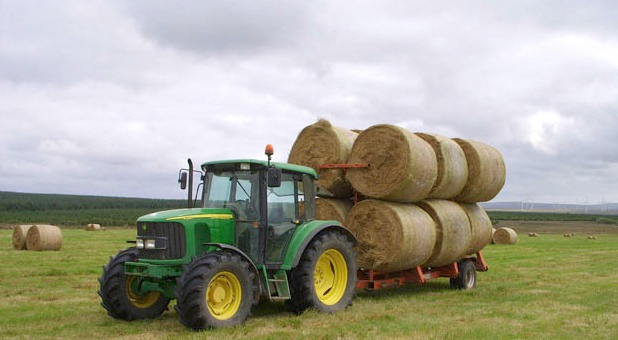
Plans by the Scottish Government to revamp laws governing the ownership and management of land need to be coherent and workable, according to the Law Society of Scotland.
In its official response to the consultation on the proposed Land Reform Bill and the creation of a Land Reform Commission, the society said that careful consideration must also be given to ensure pre-existing legislation is taken into account.
Engage with stakeholders
Paul Connolly, convener of the Society’s property and land law committee, believes that a new Scottish Land Reform Commission would be a suitable way to progress the planned reforms.
However, he says it is currently unclear what the remit or structure of this commission would be and is urging further engagement with stakeholders including agricultural tenants, crofters and charities.
The society is also calling for the commission to be independent from government influence.
The reforms
In November last year, the then First Minister, Alex Salmond set out plans for Scotland's land, aiming to make it an asset that ‘benefits the many, not the few’.
The aim was to make ownership and use of land deliver greater public benefits through a democratically accountable and transparent system of land rights.
The main aims are to:
• Improve the transparency of land ownership
• Improve existing community rights to buy, which would allow urban communities to exercise a right to buy and would introduce a new community right to buy for neglected or abandoned land
• Develop a strategy to achieve the target for 1 million acres in community ownership by 2020
• Extend the Scottish Land Fund over the 2016-2020 spending period
• Bring forward a Land Reform Bill within this Parliamentary term.
Transparency
As part of the plans to improve transparency and accountability, the Scottish Government would limit those who can own or take a long lease over land to legal entities registered in an EU member state.
However, the Law Society has expressed concerns over this proposal, saying that such restrictions could be by-passed by non-EU companies setting up shell companies in the EU.
The society is concerned that it would affect not only commercial land, but also residential and agricultural land.
Robert McCulloch of Strutt & Parker’s Scottish Farms & Estates department, said: “After the ‘no’ vote in the Scottish referendum I predicted that there would be a surge in sales in the farm and estate market north of the border.
"However, the reality is that there has been no discernible uplift in market activity just yet. What is clear that the independence vote was only one of a few factors creating uncertainty and restricting activity in this area, and one of these issues is definitely the Scottish Government’s Land Reform Bill which will be published during the course this year.
"With eight estate sales in Scotland last year compared to a ten year average of 17 per year, there is clear evidence to suggest that the Scottish Government’s land reform agenda, combined with the referendum, did reduce the supply of estates to the market in 2014.
"What will be interesting to observe is whether this market sector remains constrained during 2015 or, with the referendum now behind us, we see the usual selection of estates launched for sale during the spring and summer selling season”.
